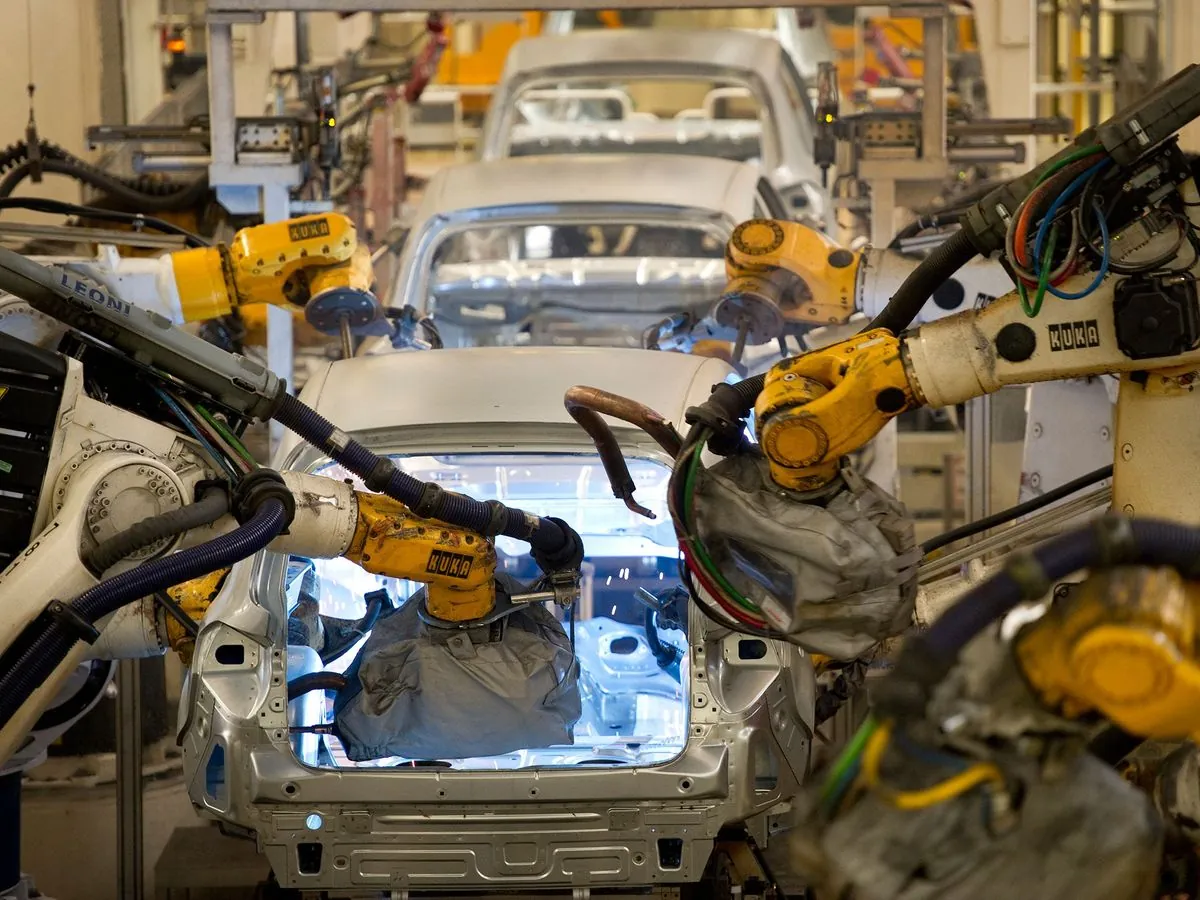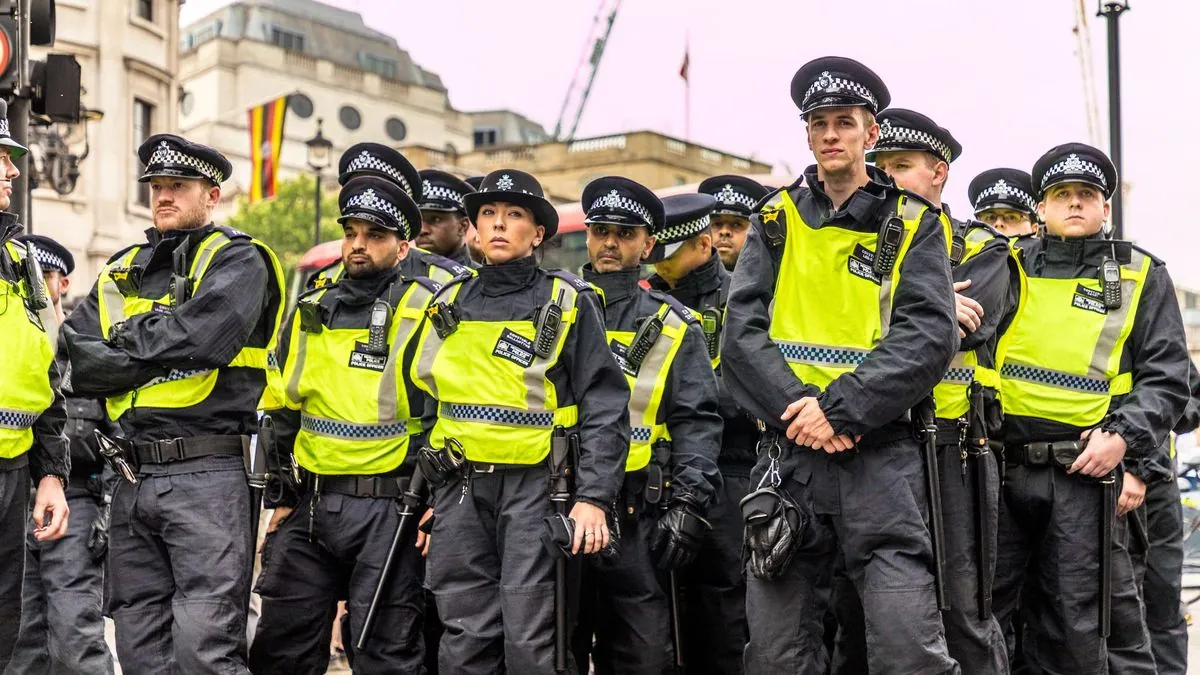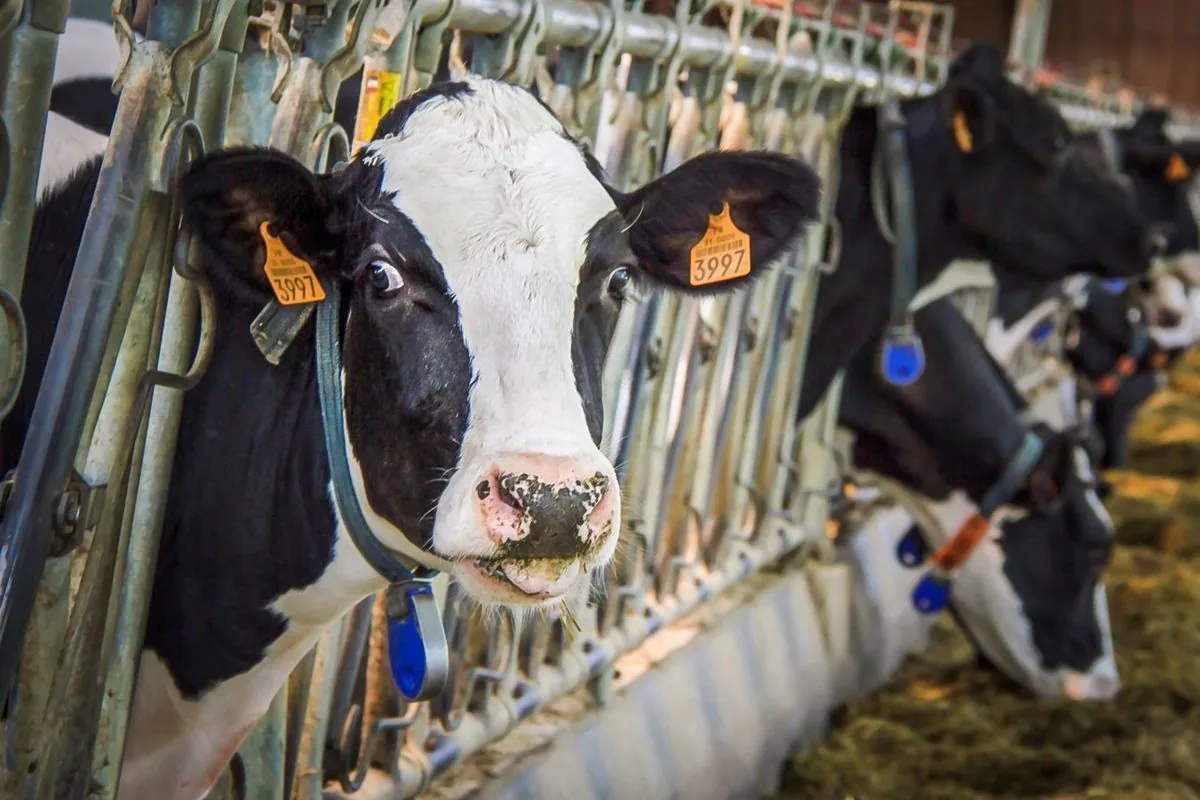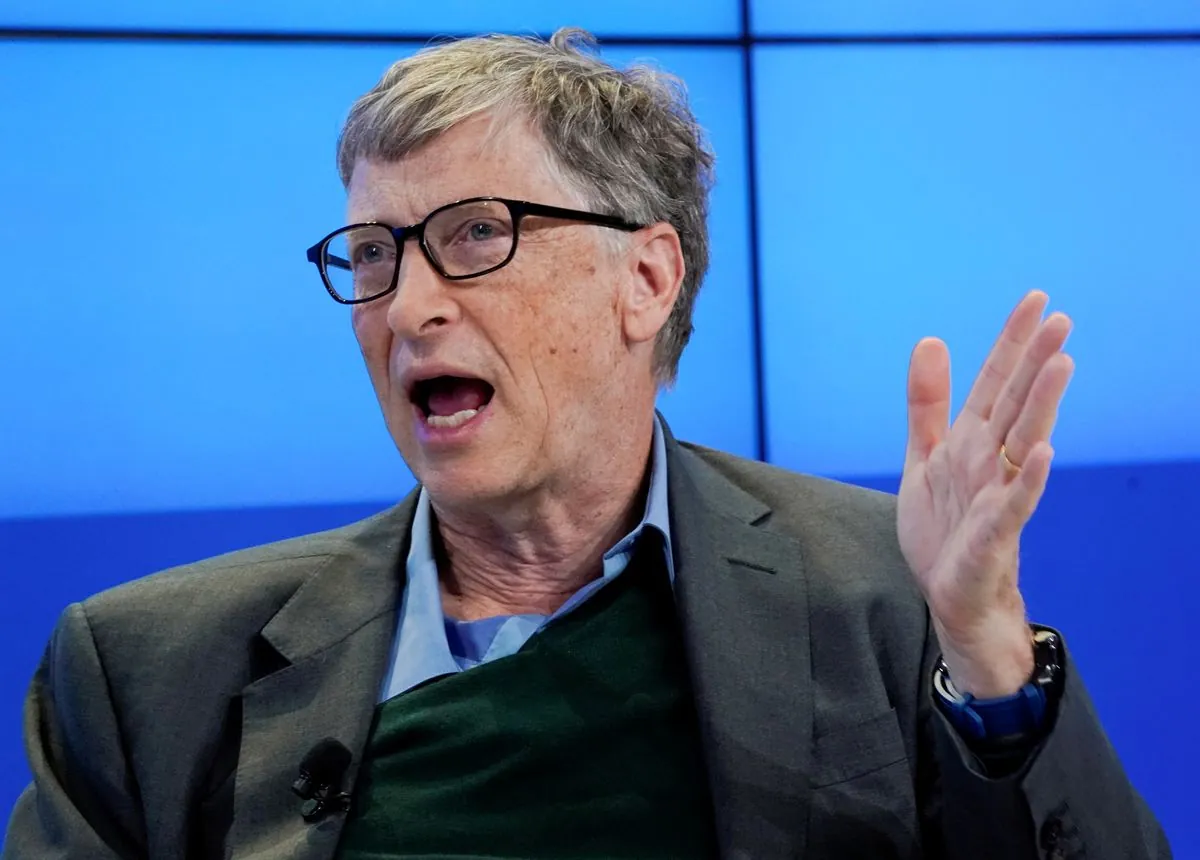Volkswagen Faces Tough Choices Amid Market Challenges and Union Tensions
Germany's largest automaker, Volkswagen, grapples with declining electric vehicle demand and fierce competition. The company's decision to end job guarantees early has sparked union backlash, setting the stage for a potential showdown.

Volkswagen, Germany's automotive giant, is navigating through turbulent waters as it faces a confluence of challenges. The company, founded in 1937, is grappling with diminishing demand for electric vehicles, escalating energy costs, and intensifying competition from Chinese manufacturers.
Oliver Blume, Volkswagen's chief executive, succinctly summarized the situation in a recent interview: "The pie has become smaller, and we have more guests at the table." This statement underscores the company's predicament in a shrinking market with increased competition.
In response to these pressures, Volkswagen has made the controversial decision to terminate a long-standing job security agreement prematurely. This pact, which had been in place for three decades, originally guaranteed employment for all workers until 2029. However, the company has now brought this deadline forward to 2025, potentially paving the way for job cuts and factory closures.
This move has unsurprisingly ignited strong opposition from Volkswagen's unions. The IG Metall union, representing many of the company's workers, has expressed its discontent, stating that Volkswagen "has been strong not despite this influence, but because of it." The union has threatened to organize warning strikes starting in December 2024 if necessary.

Volkswagen's current struggles are reflected in its sales figures. The company reports missing out on 500,000 car sales annually, equivalent to the output of two factories. This overcapacity issue is partly due to sluggish growth in China, Volkswagen's largest market, and underwhelming electric vehicle sales in Europe.
Compared to its competitors, Volkswagen's restructuring efforts have been modest. Since the onset of the COVID-19 pandemic in 2020, the company has reduced its European workforce by only 1%, in stark contrast to Renault's 20% cut and Stellantis's 15% reduction. Moreover, Volkswagen's profit margins lag behind its rivals, with the main brand achieving only 5% compared to at least 8% for others.
However, implementing significant job cuts at Volkswagen is complicated by its unique governance structure. The company's supervisory board, which includes worker representatives and members from the state of Lower Saxony, may resist such measures. Additionally, the costs associated with closing factories under German labor laws are substantial, with estimates ranging from €1.2 billion for a smaller plant to €4 billion for larger facilities.
Daniela Cavallo, the leader of Volkswagen's works council, has emerged as a formidable opponent to potential cost-cutting measures. She has vowed to press for an extension of job security beyond 2029, despite acknowledging that the current crisis poses a more significant threat than previous challenges like the COVID-19 pandemic or the emissions scandal of 2015.
"This is an attack on our jobs, sites and collective agreements. We are ready to mount fierce resistance to plant closures."
As Volkswagen navigates these complex issues, the company must also address its struggles in the Chinese market, where it generates 40% of its revenue but faces difficulties in offering competitive products. The next year will be crucial in determining whether Volkswagen can successfully balance the interests of its workforce with the necessary restructuring to remain competitive in a rapidly evolving automotive landscape.


































